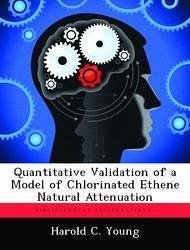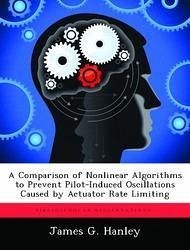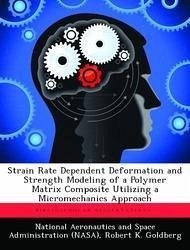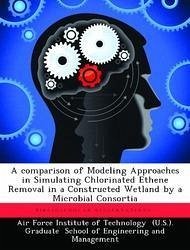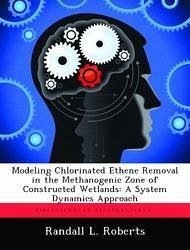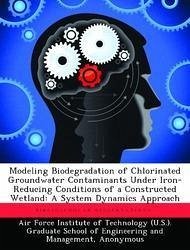Nicht lieferbar
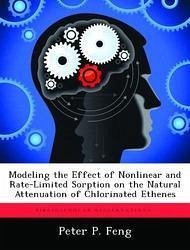
Modeling the Effect of Nonlinear and Rate-Limited Sorption on the Natural Attenuation of Chlorinated Ethenes
Versandkostenfrei!
Nicht lieferbar
Chlorinated solvents like tetrachloroethene (PCE) and trichloroethene (TCE) are the most common detected groundwater contaminants at Department of Defense installations in the United States. Unfortunately, technologies conventionally used to remediate chlorinated solvent-contaminated groundwater often fall short of achieving regulatory goals. Natural attenuation of chlorinated solvents offers an alternative remediation strategy that may achieve goals. However, the processes involved with natural attenuation are not fully understood, and this lack of understanding has hindered acceptance of nat...
Chlorinated solvents like tetrachloroethene (PCE) and trichloroethene (TCE) are the most common detected groundwater contaminants at Department of Defense installations in the United States. Unfortunately, technologies conventionally used to remediate chlorinated solvent-contaminated groundwater often fall short of achieving regulatory goals. Natural attenuation of chlorinated solvents offers an alternative remediation strategy that may achieve goals. However, the processes involved with natural attenuation are not fully understood, and this lack of understanding has hindered acceptance of natural attenuation by regulatory agencies. This study involved use of a numerical model that incorporated the physical, chemical, and biological processes thought to be relevant to the fate and transport of chlorinated ethenes in the subsurface. The model was used to conduct a parameter sensitivity analysis, to investigate the effect of non-linear and rate-limited sorption processes on the natural attenuation of chlorinated ethenes. The model showed that both rate-limited and non-linear sorption resulted in early arrival of contaminant at wells downgradient of a source area, as well as persistence of contamination at the wells for long periods of time.




